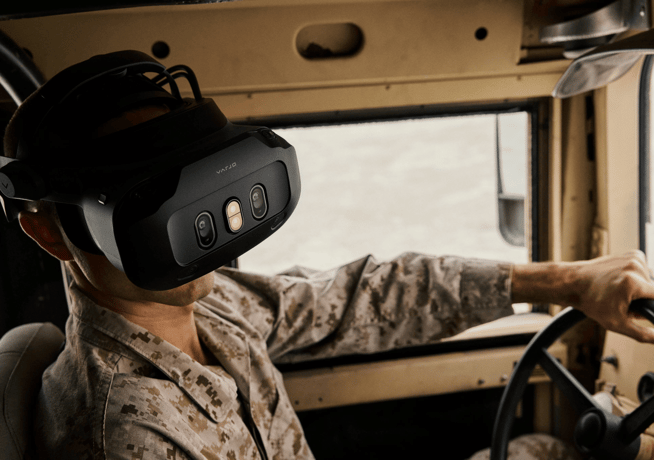Immersive technology provides a more realistic training experience, particularly for helicopter flights operating close to the ground and below 30 knots. The solution’s advanced features, including true-to-life haptics and visuals, allow pilots to simulate malfunctions and train for challenging emergency scenarios in a safe but realistic setting. “This technology allows pilots to do all the exercises related to Operator Proficiency Checks and License Proficiency Checks below 30 knots, which usually is a big safety issue,” Biner explains. “This device prevents any damage to the aircraft or pilot and provides a huge gain in safety.”
According to Biner, pilots were initially skeptical about the new technology, but quickly realized its benefits. Several pilots from all over the world, including those experienced in emergency procedures, have expressed positive feedback regarding the training. “They now want to come in every six months to use it because they can do much more inside the simulator than outside on a real helicopter,” says Biner. “They are happy that they had this training and emphasized its high training value.”





.jpg?height=460&name=_w5a3107%20(1).jpg)

